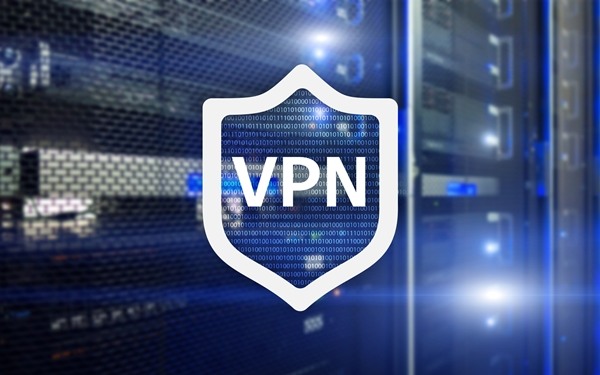What is SSL VPN?
There are a lot, and we mean a lot of acronyms in the world of IT.
Two of which include SSL VPN.
Starting at the very beginning, we look at breaking these down and demonstrating how they affect businesses and individuals and why choosing the right route is essential.

Definition of SSL VPN
SSL VPN - Secure Sockets Layer. Virtual Private Network. A protocol used in everyday web browsers that provide remote access securely through a VPN connection.
Using secure encryption end to end, the job of an SSL-VPN is to ultimately protect data that is sent, received and obtained between the device client’s software and the VPN client-server.
Benefits of SonicWall VPN for modern-day working
More businesses are now taking advantage of using SSL VPN clients as they look to increase the number of workers remotely requiring access to their network and resources. Creating a secure internet passage for all who are working online from outside of the company’s four walls.
The biggest benefit of SonicWall VPN is that it is easily installed and doesn’t require any specialised client software.
It also provides a more reliable connection for your remote workers providing higher compatibility with configurations and platforms of firewalls and networks.
Using an SSL VPN client means you can encrypt all network traffic, allowing remote workers access to restricted networks and resources securely, all through an authenticated pathway.
This level of security also prevents unwanted cyber visitors from obtaining sensitive information or eavesdropping on any private and confidential communications.
SSL VPN offers flexible and secure options for anyone working remotely who requires access to private business networks.
But how do they achieve all of this?
By allowing approved users a secure connection through standard web browsers to internal HTTP and HTTPS services, all enabling direct access to the client’s applications, resources and networks.
SSL VPN Types
VPN Portal – enables access to remote websites through one connection at a time. Authenticated remote users gain access to SSL VPN through their browser through an approved method/gateway, where access is achieved via a dedicated web page that acts as a portal for other services.
VPN Tunnel – is where access to multiple services can all be achieved securely via all standard browsers, non-web-based applications and other protocols. The tunnel should be thought of as a circuit established between a remote user and VPN server, where the server can connect to one or more remote websites, services, resources at any time. The SSL tunnel handles live content and offers a function that is not obtainable via other means.
A further advantage of SSL-VPN is that using TLS technology implemented in modern web browsers, which means you don’t need to install any specific software. Hence, it is easy to deploy.
There’s also less of a requirement for IT personnel to provide technical support, due to the ease of use of the client.
And unlike other security protocols you don’t need to download any additional software or configuration files, with no complex steps to follow, SonicWall's VPN simply needs an updated browser to establish a secure network.
As a business, you can also restrict remote users to particular applications instead of allowing your whole network to be accessed, keeping you in complete control at all times.
Important points to note
Remote workers' devices should be updated with anti-virus software to avoid malware spreading.
Training sessions for remote workers also help with keeping standards high and act as a good reminder that sessions should be closed down properly and not left open for all who have access to that device, view, for example.
We’d also advise not to use a public computer to set up an SSL VPN connection. In these instances, you can open yourself and your systems up to more cyber-attacks, offering up your confidential information and more to those that you don’t want to give it to.
SonicWall's VPN provides secure remote access to the network using the NetExtender client. Downloaded transparently, you can run any application securely on your computer network.
Ultimately, this is a seamless solution that allows secure access to your resources on your local network.
To find out more about SonicWall VPN and firewall solutions, give us a call on 0333 2405667.
Read the next blog: A Virtual Firewall that Protects Multi-Cloud Environments


